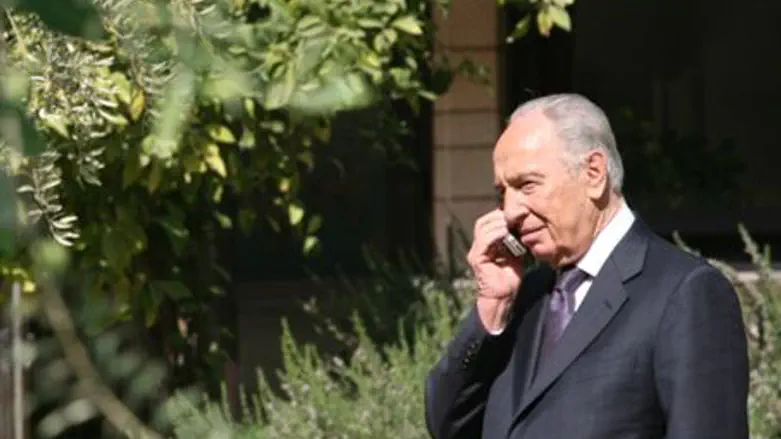
The new reality of low-cost cellphone service has begun to sink into the minds of Israelis, marketing figures from the two new discount cellphone service providers that began operations this week show.
As many as 20,000 customers dumped their old, established providers – Pelephone, Orange, and Cellcom – and joined the upstarts, Golan Telecommunications and Hot Mobile. The two new companies are offering an unlimited phone, internet, and texting service for NIS 99 and NIS 89 per month ($26.00 and $24.75) respectively, far less than even the cheapest packages offered by the “traditional” companies.
Activity on web sites of all cellphone service providers, traditional or upstart, was up substantially this week, as were phone calls to the customer service departments of the providers. Many customers in all three of the established networks complained that they were unable to get through to customer service.
“It's impossible to get through to Pelephone, not on their web site and not on their customer service number,” one customer of the company told Voice of Israel radio. “Either they are all on vacation or they are so inundated with requests that they can't handle the volume of calls.” A customer of Orange told reporters that he called up that company's customer service number, and was told that he was 315th phone call waiting for assistance. “It seems as if everyone is calling up to either cancel or demand a better package,” the customer said.
Meanwhile, prospective customers of the new services were having their own customer service problems. Until the company opens offices (which it plans to do in the coming weeks, it said) Golan Telecommunications customers must sign up for the service on the company's web site. The site crashed at least five times this week, with many frustrated prospective customers complaining on the company's Facebook page. In response, the company set up a phone number for customers, which seems to have alleviated the crush.
So far, the established providers have been silent about how they plan to respond to the challenges posed by their new competitors. The one exception was Pelephone, which at the beginning of the week announced an all-included package that would cost customers NIS 119 per month. A spokesperson for the Rami Levy cellphone network, a newer service that began operating several months ago, said that the company would be coming up with its own all-inclusive package in the coming days.
Investors in the cellphone companies have not been silent, however, and they, like many of their customers, are voting with their feet – by fleeing the stocks of the established providers. Shares in Pelephone, Orange, and Cellcom have all been down substantially this week, with Cellcom markedly lower, after an earnings report released last weekend showed that the company had significant losses in the first quarter.
While the “cellphone revolution” is still in its infancy, experts said that the changes would have tremendous impact on the industry.
“There's no question that the fat advertising budgets of the traditional companies are going to be cut,” one expert said. “They are going to have to do some serious cost-cutting in order to meet the challenge. Especially these days, with the spirit of last summer's social protests still in the air, Israelis have had enough of overpaying for products and services. There is no doubt that instead of leveling off, many more customers are going to flock to the cheaper alternatives as people discover that they will not be compromising on quality. The only alternative for the traditional companies is to cut the costs of their packages, and that means they are going to have to significantly cut the fat.”